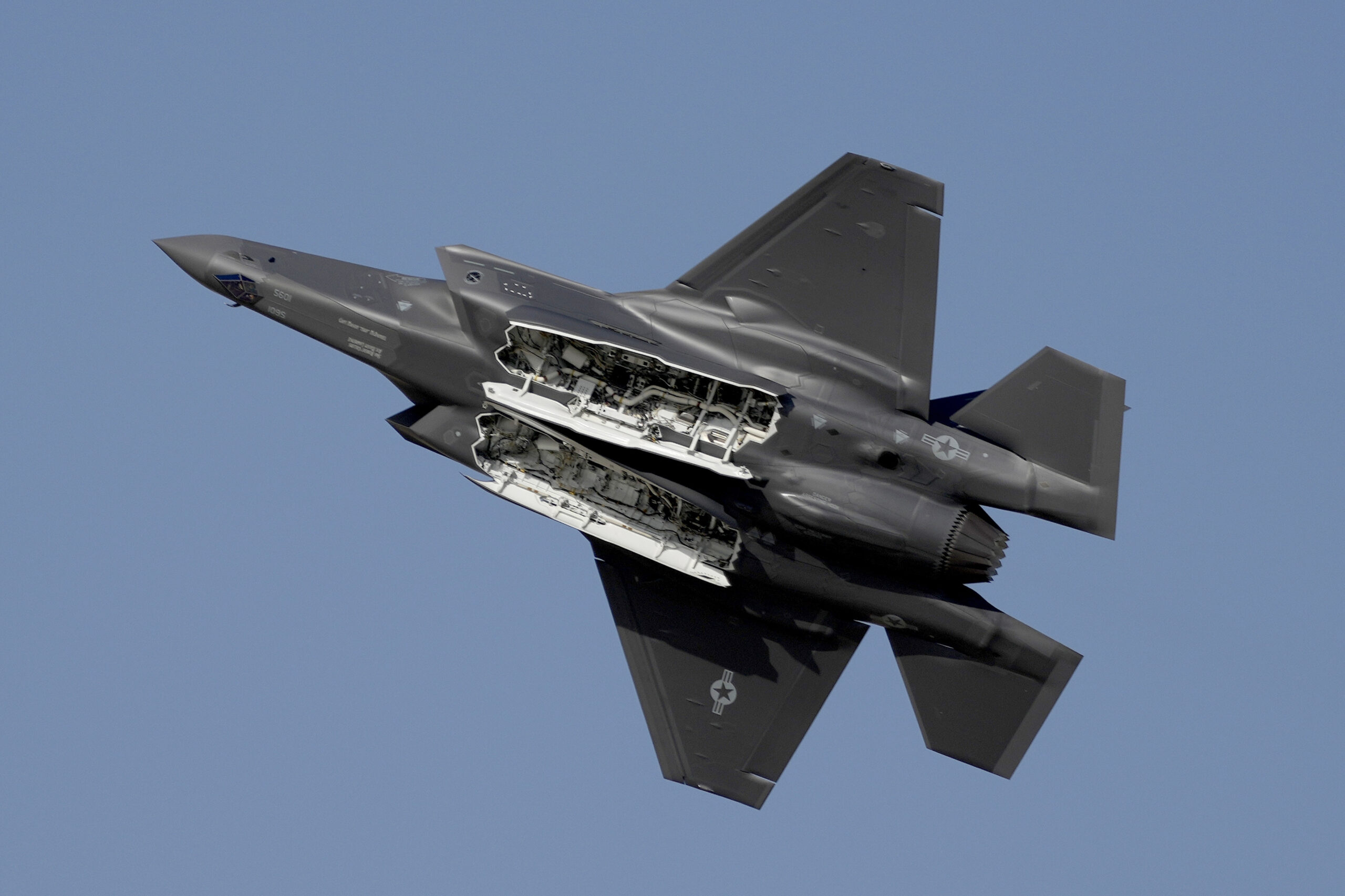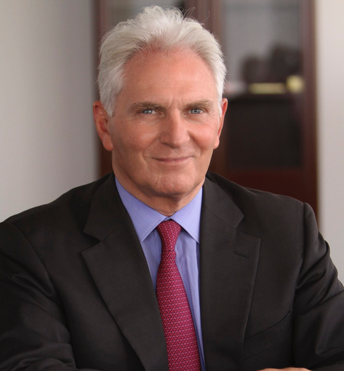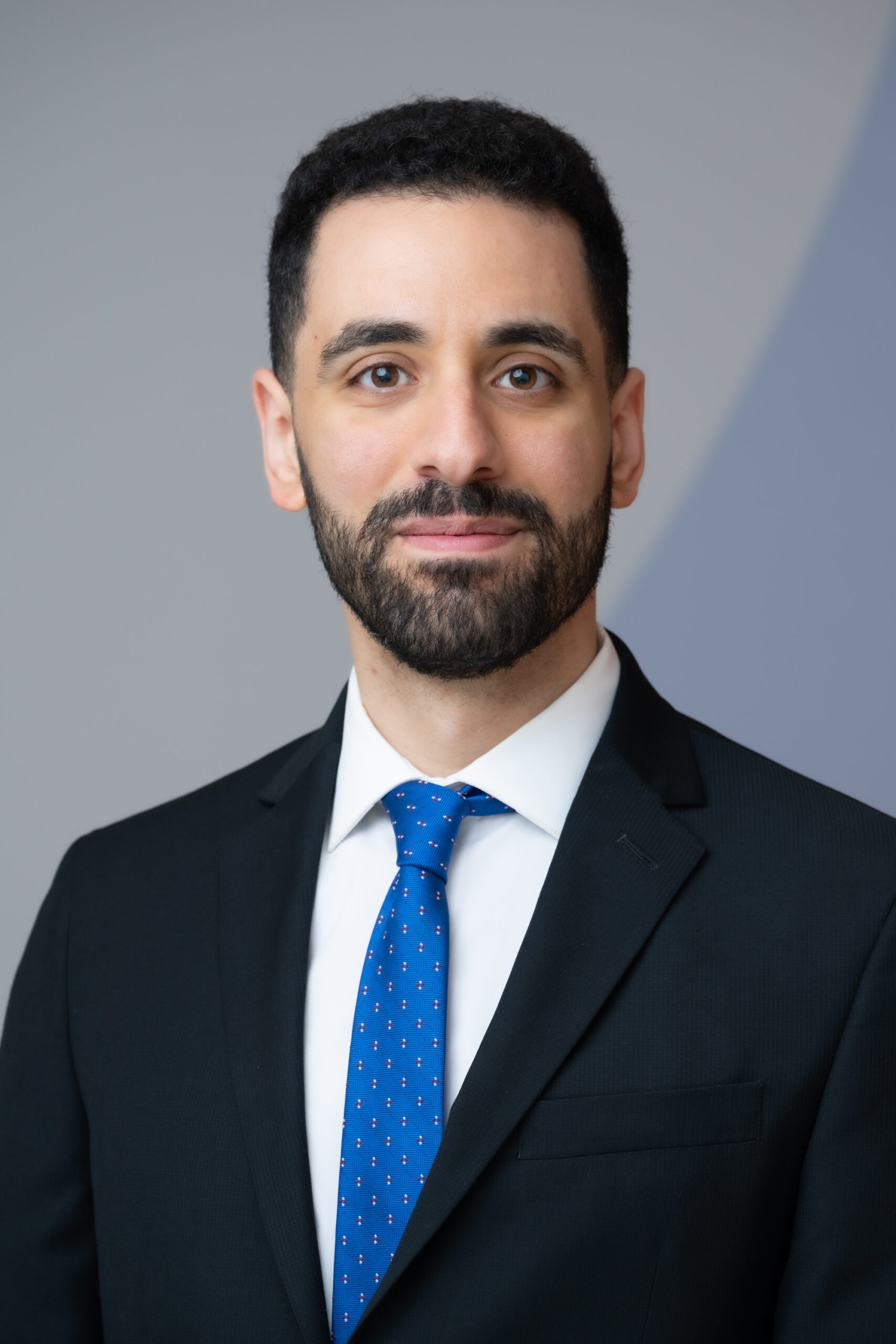Regional Affairs
Mar 3, 2025
Sudan Is Iran’s Opening for a Foothold in the Red Sea
By providing support to the Sudanese government and army, Iran seeks to use the civil war in Sudan to bolster its position in the Red Sea.
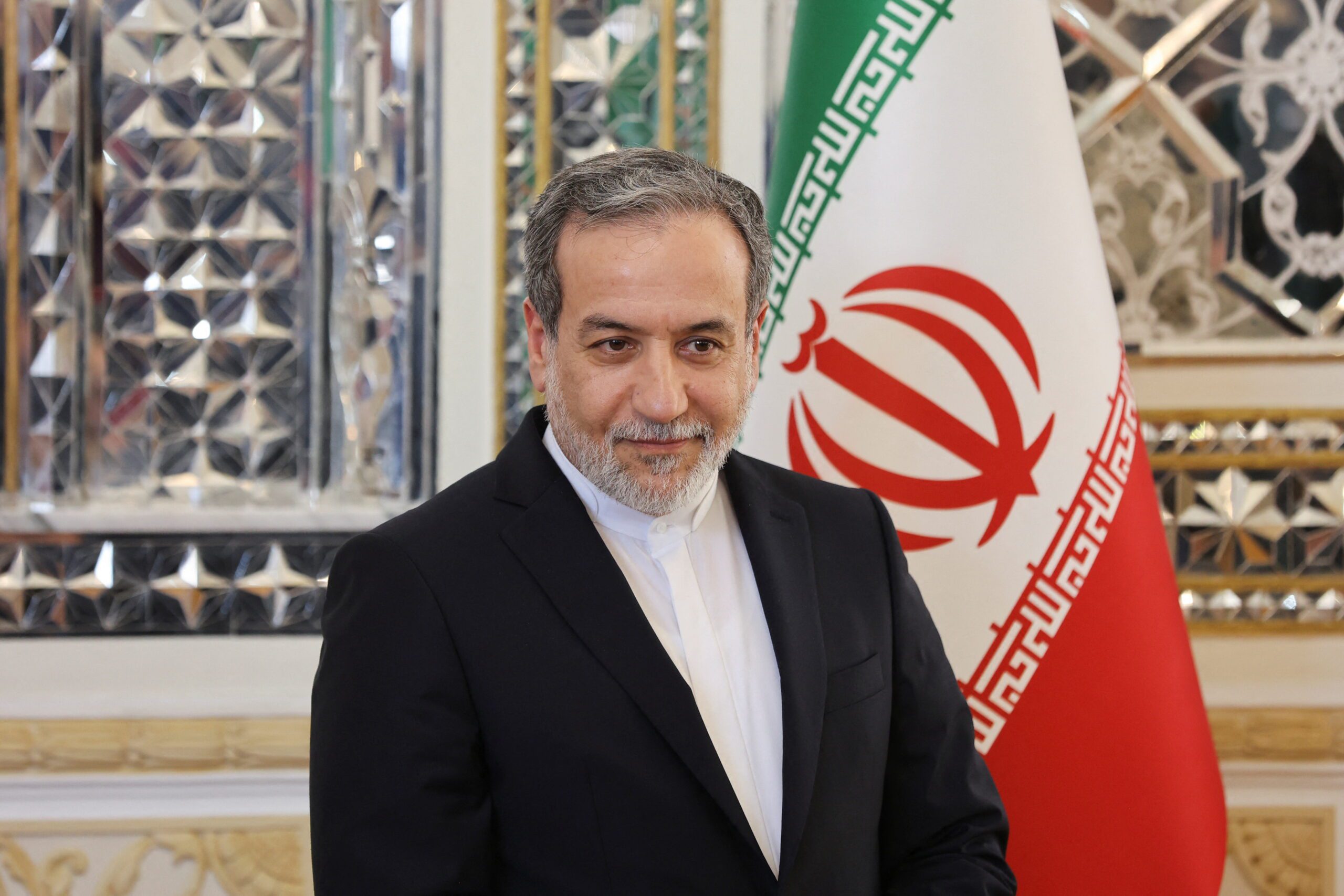
Feb 27, 2025
South Asia’s Pivot to the Gulf
Amid economic and political instability, governance crises, and rising security threats, South Asia looks to deepen ties with the Gulf, as it strives to chart a path toward sustained growth.
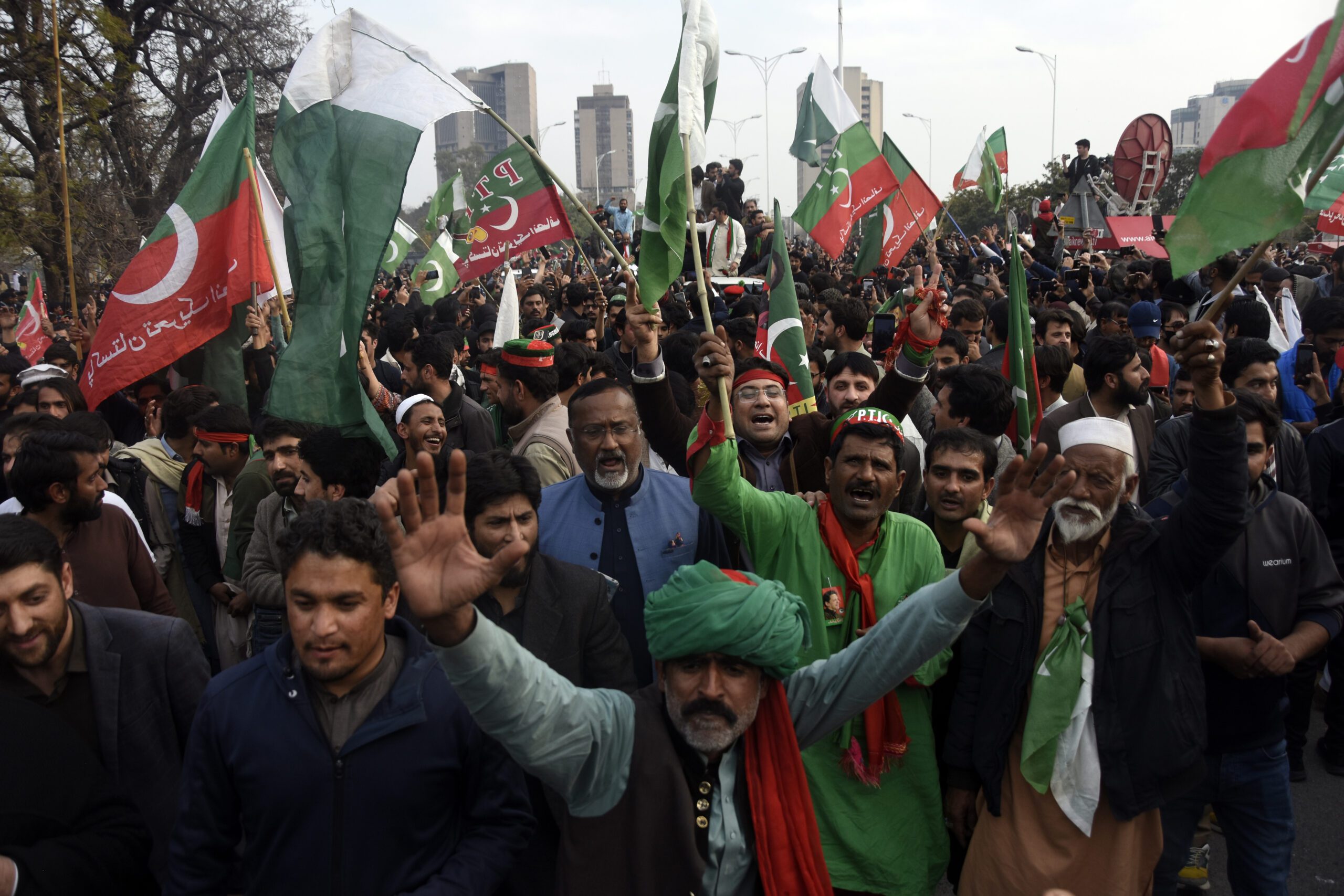
Feb 26, 2025
Can Gulf States Help End the War in Sudan?
The Gulf states’ influence in Sudan and the wider Horn of Africa gives them leverage that they can use to help bring an end to the conflict.
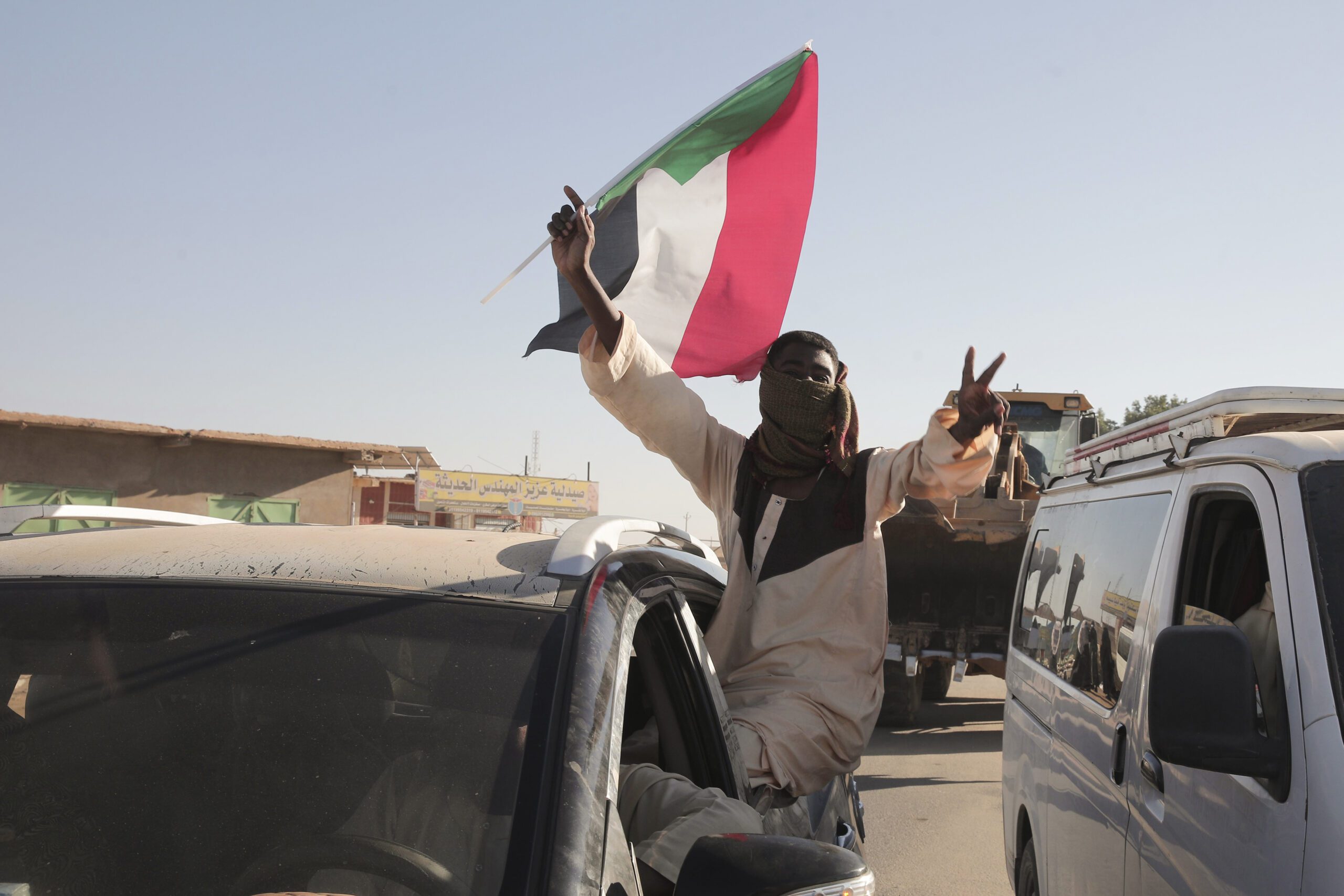
Feb 21, 2025
What’s Behind the Arab Alternative to Trump’s Gaza Proposal
The GCC +2 meeting, followed by the Arab League, has to take Trump's dangerously implausible ideas about Gaza seriously, but Israel won't countenance the Arab states’ alternative.
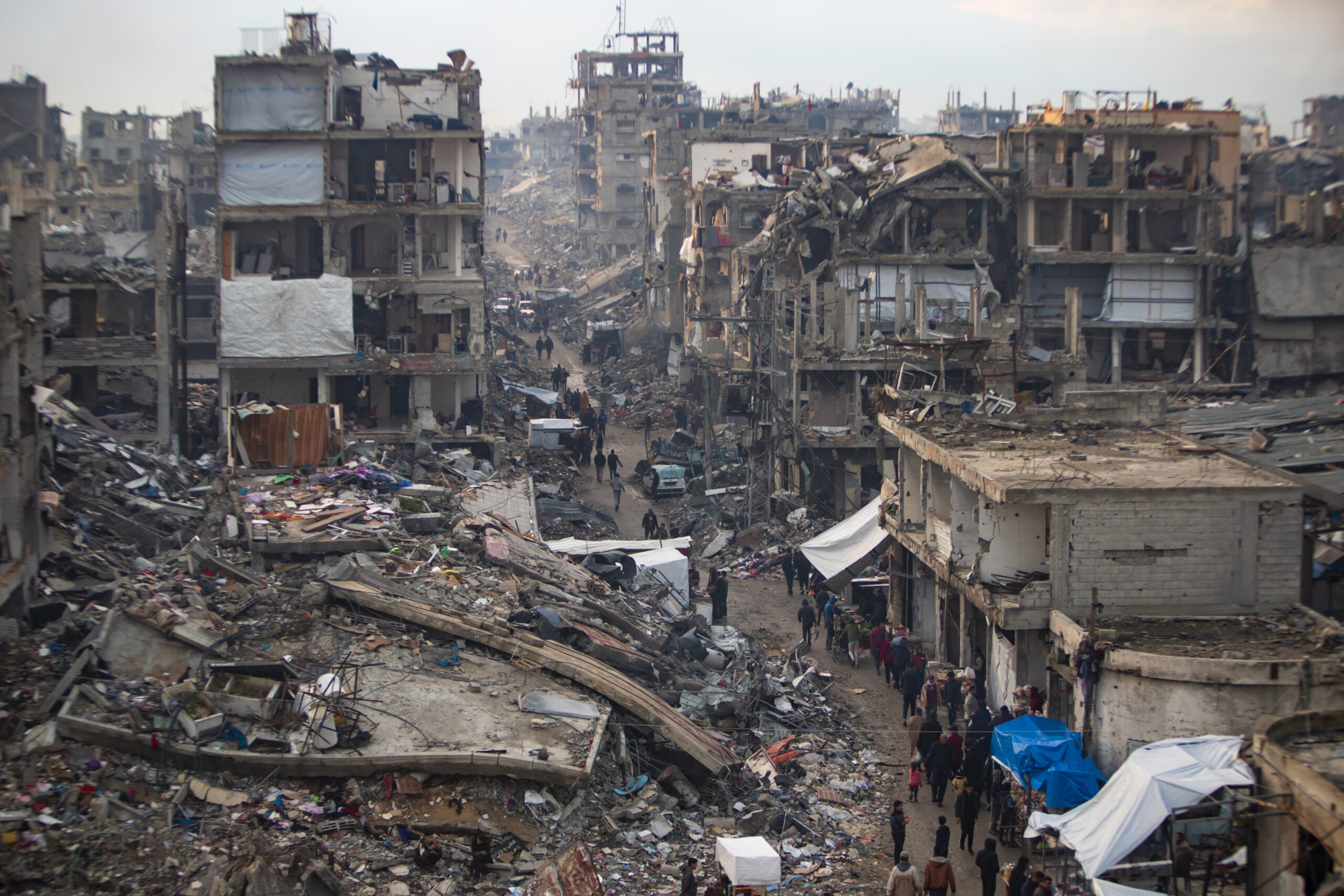
Feb 20, 2025
Digitalization, Growth, and Diversification in the Gulf
On March 11, AGSIW hosted a discussion on digital transformation and economic diversification efforts in the GCC countries.
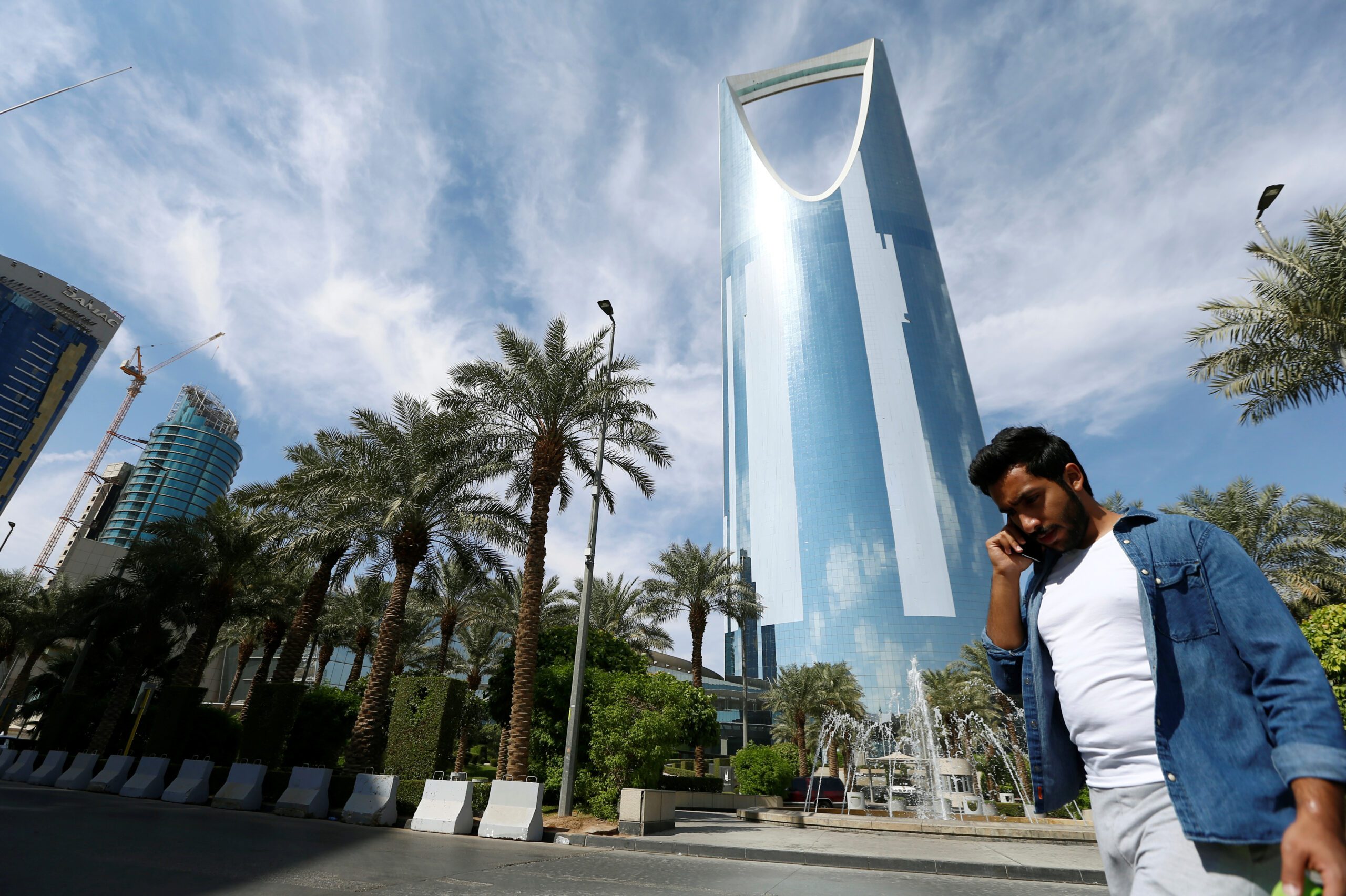
Feb 13, 2025
Sanctions on Syria Prevent Economic Recovery and Rebuilding the Country
For Syria to have a chance at stability, the United States and the EU need to urgently consider lifting the layers of economic sanctions imposed on Syria under Assad and allow Gulf countries to help rebuild the war-torn country.
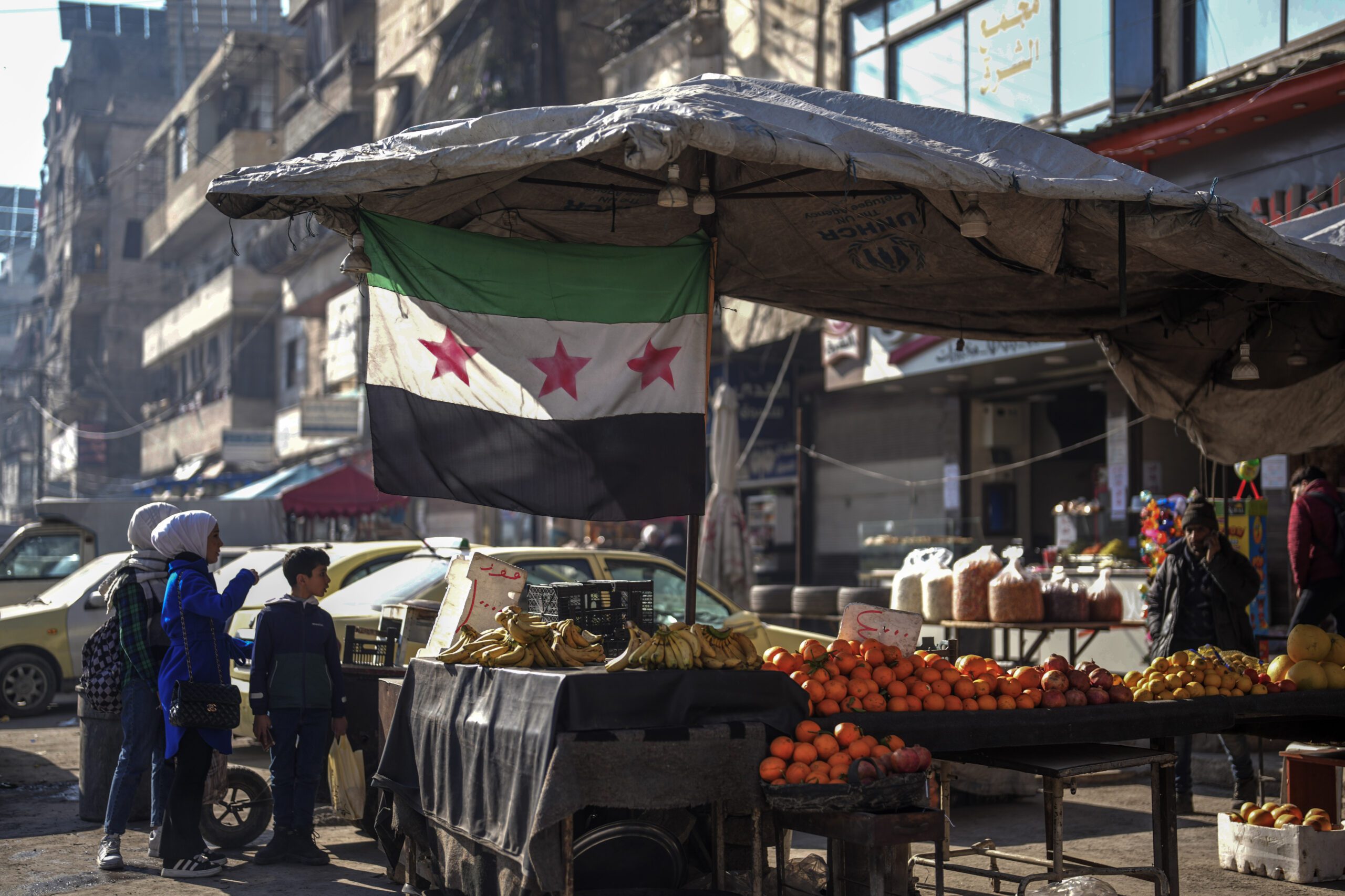
Feb 12, 2025
Fashion Trust Arabia Unites Creative Voices in Middle Eastern Fashion
From innovative designs to a collaboration with Morocco, Fashion Trust Arabia brings energy to the region’s fashion community.

Feb 11, 2025
Emirati and Saudi Ambitions for Next-Generation Fighters
The UAE and Saudi Arabia are looking to next-gen tech and ultramodern combat aircraft to give them a military edge on adversaries.
